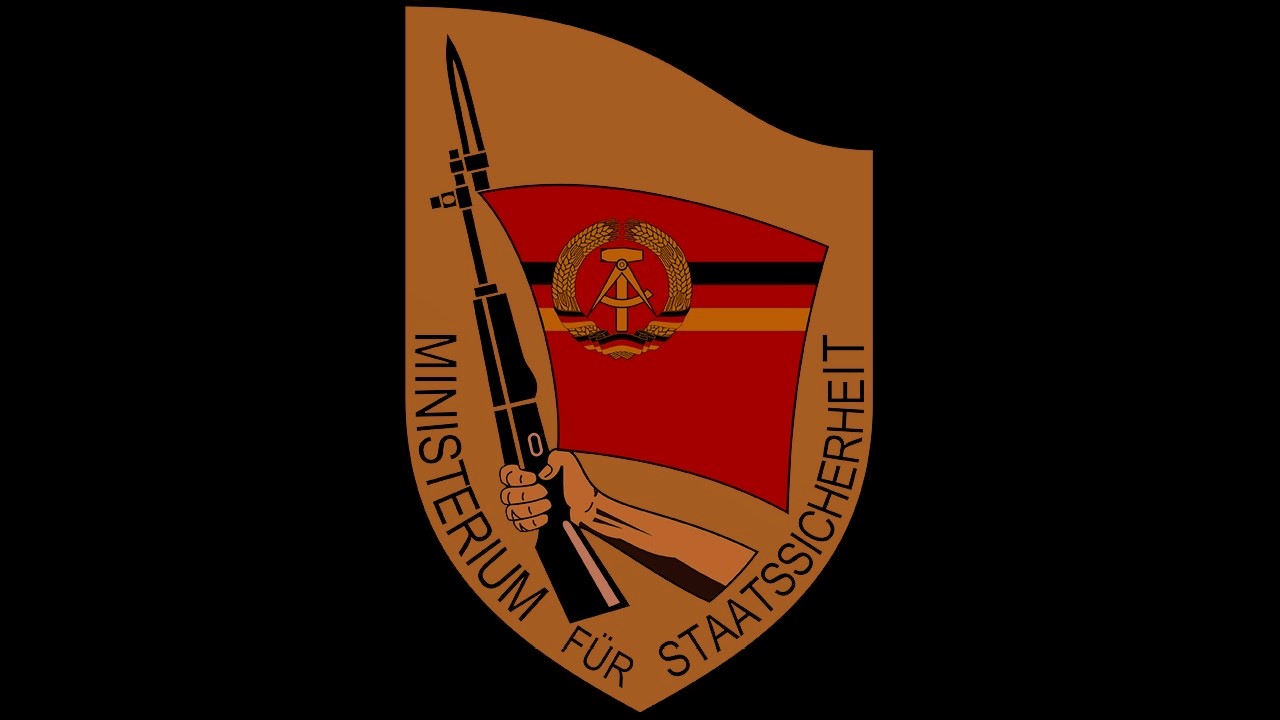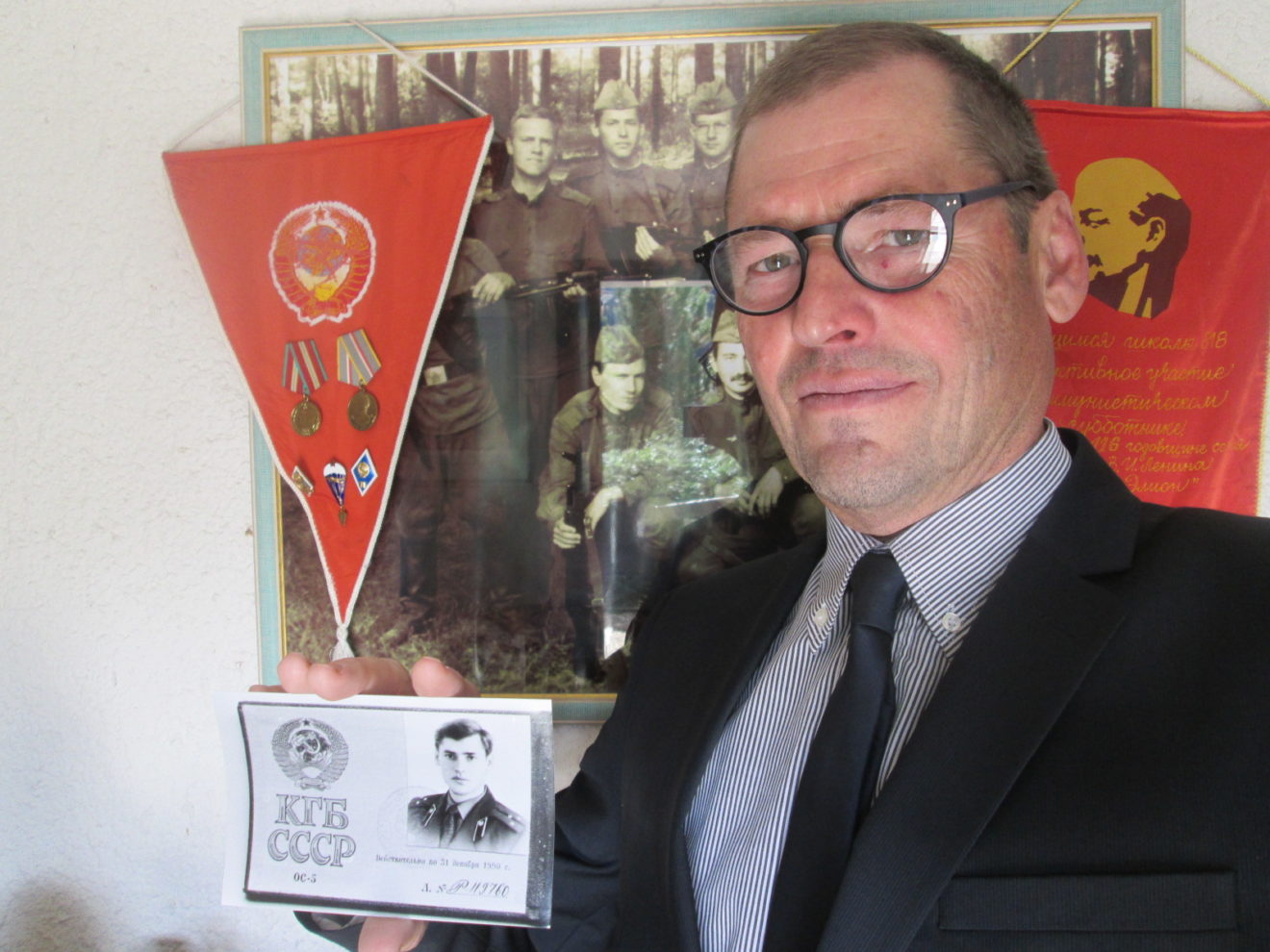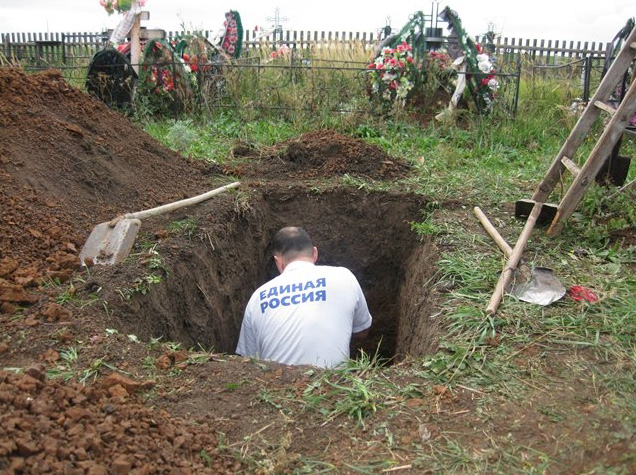Boris Reitschuster, author of Putin’s Secret War, says that the Kremlin is “actively using the old agent network” that the East German intelligence service set up in the West during the Cold War not only to achieve specific foreign policy goals like the Nord Stream 2 gas pipeline but also to set the tone in German discussions about Russia.
Despite the received opinion, he tells US-based Russian journalist Kseniya Kirillova that the Stasi network “was not unmasked after the end of the Cold War. Yes, the archives were opened, but their information concerned mostly the Stasi agent network in East Germany.”
Unmasking these people is more difficult in Germany than elsewhere, he continues. On the one hand, there isn’t a special program to do so as there is in many east European states like Lithuania. And on the other, anyone found to have cooperated with the Stasi can be charged with treason, something that makes it easier for Moscow to put pressure on them to this day.
As a result of this, Reitschuster says, Russia has an agent network in Germany far larger and more influential than in any other country. It continues to penetrate the political parties and the economy, with Russian firms increasingly owning large shares of formerly purely German ones and pushing for projects like the Nord Stream 2 gas pipeline.
The Stasi-origin agents mostly operate on the left, but Moscow has also elaborated an agent network among the far right of the political spectrum. Its operatives have close ties with the Alternative for Germany (AfD) and often host that party’s leaders in the Russian Federation. Not surprisingly, that party opposes sanctions against Moscow.
Moreover, he says, “over the last 70 years, [Germans] have not been responsible for their own foreign security and this has led to a definite infantilism among our politicians. Not long ago, for example, left radicals from among the so-called ‘anti-fascists’ … wrote on a wall in Hamburg an appeal calling for ‘saving the residents of the Donbas from the Ukrainian army.”
In general, Reitschuster says, the notion that “’Ukraine attacked Eastern Ukraine’ is quite popular” in Germany. “Many believe that Putin although ‘not entirely a democrat’ is nonetheless ideally suited for the Russian people.” And despite history, they accept Russia’s seizure of Crimea as legitimate because it supposedly has belonged to Moscow from time immemorial.
Read More:
- Kremlin said organizing secret military units in Germany, other Western countries
- They called him “Yuriy”: the KGB past of the man who advocates restoring Russia at PACE
- Putin’s ‘secret weapon’ against the West – massive illegal cash hordes in foreign countries
- Moscow has complex system to run agents of influence abroad, Khmelnytskyi says
- Russian networks in Bulgaria
- Book details Kremlin’s influence networks in France
- Moscow creating ‘new Comintern’ spy network in Europe, Prague says
- Moscow inserts political operatives into African countries where elections are scheduled
- Everything you wanted to know about Nord Stream 2 but were afraid to ask
- Nazi dreams of an enslaved Ukraine: the blind spot of Germany’s historical memory – Timothy Snyder
- Why we need a discussion about Germany’s historical responsibility toward Ukraine





